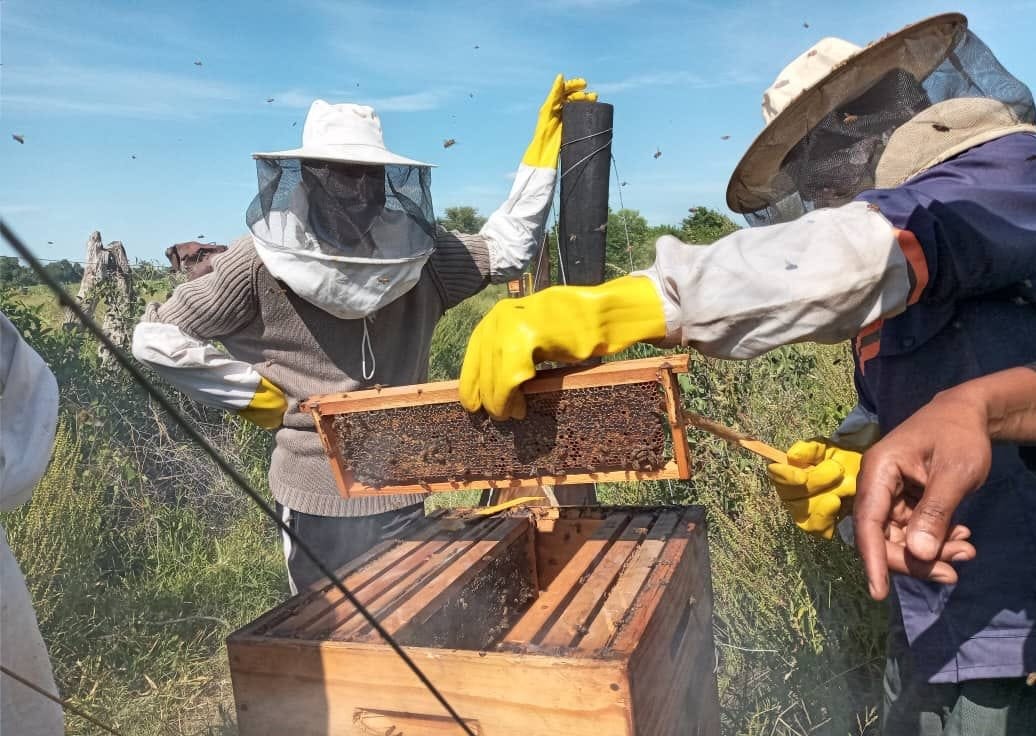
Wilderness has confirmed the successful procurement of the 2024 honey harvest from Diyoveya, a citizen-owned beekeeping enterprise in Gunotsoga, located in Botswana’s eastern Okavango Delta panhandle.
The purchase marks a significant milestone in the company’s ongoing effort to support community-driven conservation economies across the country.
This season, the Diyoveya collective produced over 100 jars of honey, each bottled in 352ml containers. The harvest is especially remarkable given the region’s unusually dry conditions, underlining the resilience and progress of the beekeeping initiative.
The project, developed in collaboration with the Ecoexist Trust, reflects a growing model of blending ecological sustainability with local enterprise.
“Our work has always been rooted in the belief that conservation can only succeed when communities thrive,” said Joe Matome, Caretaker Managing Director of Wilderness Botswana.
“The Diyoveya honey project is a brilliant example of how small enterprises can flourish when they’re given the tools, trust, and partnerships to succeed. This is what a conservation economy looks like – nature and livelihoods coming together as a collective to deliver meaningful progress.”
In 2024, Wilderness initially purchased 70 jars from Diyoveya, with the Ecoexist Trust covering all production costs to ensure full earnings went directly to the beekeepers. Since then, the business model has evolved. Diyoveya’s producers now independently cover costs for packaging, a critical step toward long-term self-reliance.
As part of its growing impact-led procurement strategy, Wilderness has formally integrated Diyoveya as a direct supplier. The honey now falls under the “Impact Product” designation, recognizing both its artisanal quality and its broader social purpose.
Diyoveya joins a wider ecosystem of citizen-led ventures — including the Okavango Community Basket and the Seronga Craft Shop — supported by Wilderness.
The company expects the total value of goods procured from citizen-owned businesses to exceed BWP8 million by the close of 2025, driven largely by its Citizen Economic Empowerment Programme (CEEP) and its annual Local Suppliers’ Expo.
While the purchase represents a vital economic boost, it also symbolizes something deeper: a shared vision for a future where thriving communities and protected ecosystems grow side by side — one jar at a time.



